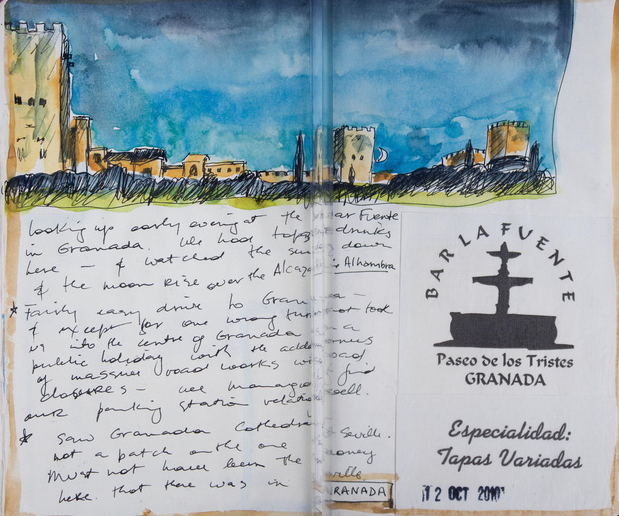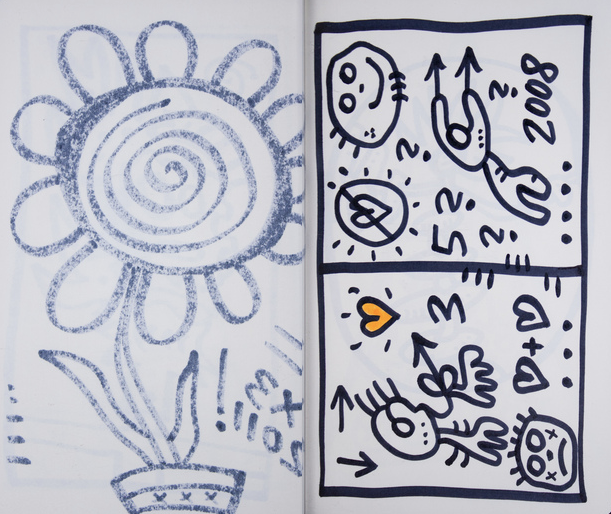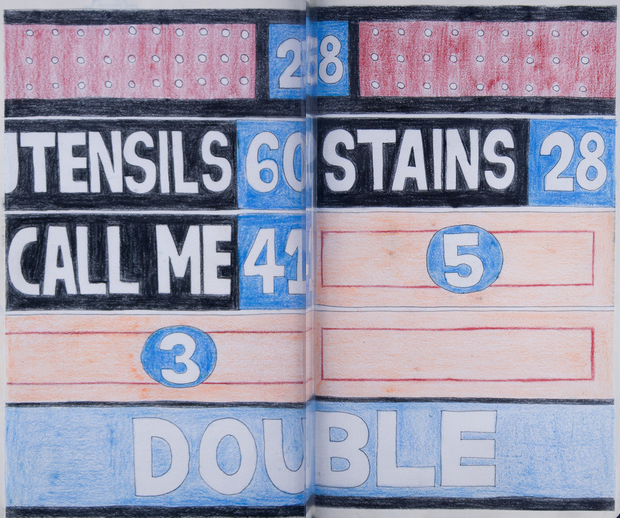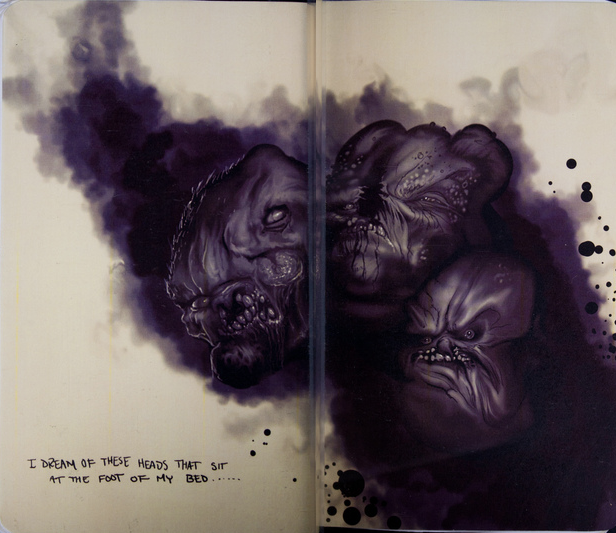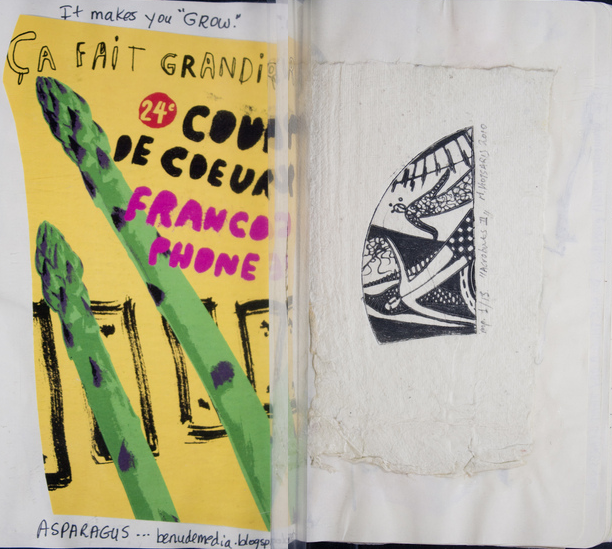Having known Pico Iyer for quite some time, on paper and in person, as a perpetual example and occasional mentor in the writing of place, it delights me to watch him attract more listeners than ever with the talks he’s given in recent years, the most popular of which advocate something called “stillness.” But at first I wondered: did this shift in subject mean that Iyer—a California-grown Brit from an Indian family who mostly lives in Japan (“a global village on two legs,” as he once called himself), known for books like Video Night in Kathmandu, Falling off the Map, and The Global Soul—had put his signature hard-traveling ways behind him?
Hardly. But he did start telling the world more about his long-standing habit of routinely seeking out the most quiet, least “connected” places he can—the seaside no-speech-allowed Catholic hermitage, the rural village outside Kyoto—in order to reflect upon the time he has spent circling the globe, transposing himself from culture to alien culture. “24 years ago, I took the most mind-bending trip across North Korea,” he tells us, “but the trip lasted a few days. What I’ve done with it sitting still—going back to it in my head, trying to understand it, finding a place for it in my thinking—that’s lasted 24 years already, and will probably last a lifetime.”
If we want to follow Pico’s example, we must strike a balance: we must process the time we spend doing something intensely—traveling, writing, programming, lifting weights, what have you—with time spent not doing that something, a pursuit in its own way as intense. He connects all this with the 21st-century technology culture in which we find ourselves, citing the example of folks like Wired co-founder Kevin Kelly and even certain enlightenment-minded Googlers who regularly and rigorously detach themselves from certain kinds of modern devices, going “completely offline in order to gather the sense of direction and proportion they’ll need when they go online again.”
Achieving such a proper intellectual, psychological, social, and technological compartmentalization in life may seem like a rare trick to pull off. But if you ever doubt its possibility, just revisit the last talk from Pico we featured, in which he describes his encounter with Leonard Cohen, the only man alive who has successfully combined the lifestyles of rock star and Zen monk.
Related Content:
The Best Writing Advice Pico Iyer Ever Received
Pico Iyer on “The Joy of Less”
How Leonard Cohen’s Stint As a Buddhist Monk Can Help You Live an Enlightened Life
Colin Marshall writes on cities, language, Asia, and men’s style. He’s at work on a book about Los Angeles, A Los Angeles Primer, and the video series The City in Cinema. Follow him on Twitter at @colinmarshall or on Facebook.

